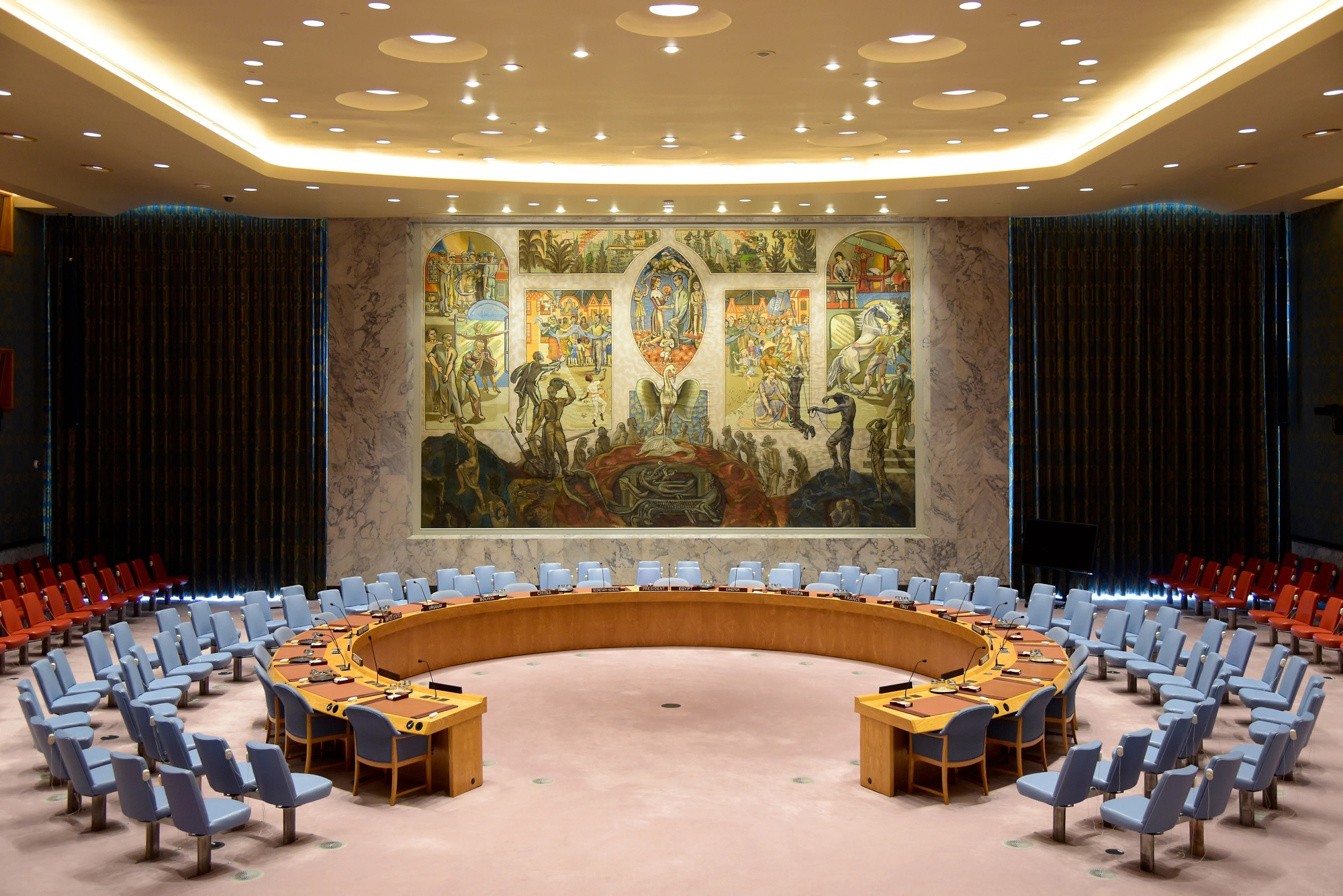(Opinion) The United Nations Security Council intended as a center for global peace discussions, has regrettably turned into a contentious arena.
The Council, intended for negotiation, now serves as a stage for diplomatic theatrics.
Especially evident is this role during the Israel-Hamas conflict, where division among nations like the U.S., Russia, China, and Brazil takes center stage.
Take, for example, America’s recent resolution to the crisis.
Both Russia and China rejected it. Their reason?
It lacked a call for an immediate ceasefire. This veto shows the Council isn’t a place for meaningful talks. Rather, it’s a forum where countries dig their heels into long-held views.
Speaking of long-held views, the United States and Russia are locked in a pattern. Anything one proposes, the other is likely to reject.
This cycle of rejection prevents real progress, causing the Council to drift further from its purpose.

Brazil tried to break the cycle last week. The nation put forth what it thought was a balanced proposal.
However, the United States, despite initial silence, eventually vetoed it. This move underscores how even middle-ground attempts can fall flat.
Countries do not Move From Their Positions
The UN’s Failing Role in the Israel-Hamas Crisis. Countries are reluctant to move an inch from their positions.
Many people argue the Council needs reform. They say it should be more democratic and open to differing views.
As it stands, the Council is not facilitating discussions. Instead, it’s a place for countries to cement preexisting stances.
In conclusion, the Council is failing in its mission. Its current role as a stage for reasserting national agendas threatens its relevance.
The Council must return to its roots as a space for dialogue and compromise. Otherwise, it risks becoming obsolete, a casualty in the ideological wars it was designed to mediate.

